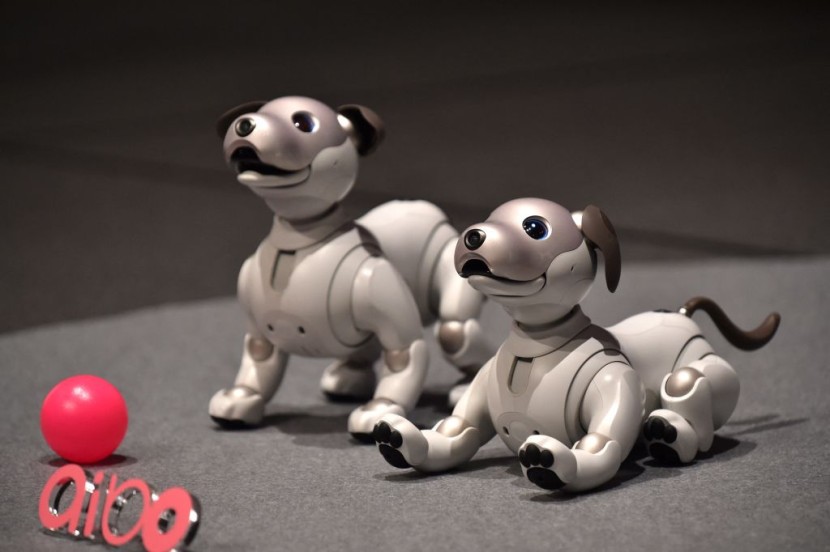In the near future, artificial intelligence (AI) may begin to replace pets in homes, eliminating the need for expensive vet bills.
The arrival of AI-enhanced animals coincides with the proliferation of different kinds of robots on the market, according to the New York Post.
AI Pets as the Future

Unitree Robotics of China created Go1, the first intelligent quadruped robot companion. It is designed to go about on all fours like a dog but without the need for a leash or harness.
Unitree Robotics told Fox News via email that Go1's movement includes stability control, gait creation, motion control, navigation, obstacle avoidance, and learning and adaptability through AI. The manufacturer claims that Go1 can keep up with its user at a rate of 10 mph, regardless of whether the owner is on a bike, skateboard, or foot.
The robotic pet's super-sensing system consists of several fisheye binocular sensors and the ability to recognize its human owner. These allow it to track its owner's periphery in the horizontal and vertical planes.
A key feature of this robot is its power joint design, which the manufacturer touts as ultra-lightweight and low noise.
Unitree Robotics estimates the Go1's overall weight to be 26 pounds and its carrying capacity to be 11 pounds.
As an alternative to larger pets, the Chinese company LivingAI has created EMO, a small AI-powered desktop pet. According to the website, the roughly 5-inch-tall robot can respond to its owner with over 1,000 different facial expressions and motions, making it a really interactive pet.
The robot uses AI technology to discover its environment, make autonomous choices, and have meaningful conversations with its human companion.
Like a real pet, EMO matures and develops over time. It does so via the sophisticated internal sensors and AI processing models that enable the small robot to learn, interact, and bond, as described on the LivingAI website.
The business claims that EMO may be used to do things like switch on lights, set alarms, and commemorate special occasions like birthdays and holidays.
Expert Weighs the Benefits and Drawbacks
In an interview with Fox News, Dr. Harvey Castro, a board-certified emergency medicine physician from Dallas, Texas, and a national speaker on AI in healthcare, discussed the benefits and drawbacks of the development of AI pets.
Castro said that although AI companionship has its benefits -- such as providing constant companionship, cheap maintenance, removal of allergy exposure, and even mental health care -- it may also be restricting.
"AI pets cannot replicate the complex and rich experience of caring for a real animal ... "Unlike real pets, AI pets don't encourage owners to engage in physical activity, like walking or playing."
Concerns about data privacy and over-reliance on AI dogs for affection, which might lead to the abandonment of real-life relationships, were also raised by Castro. It is unclear what, if any, long-term implications having an AI pet may have on children's mental and emotional health, as Castro pointed out.
© 2025 HNGN, All rights reserved. Do not reproduce without permission.








